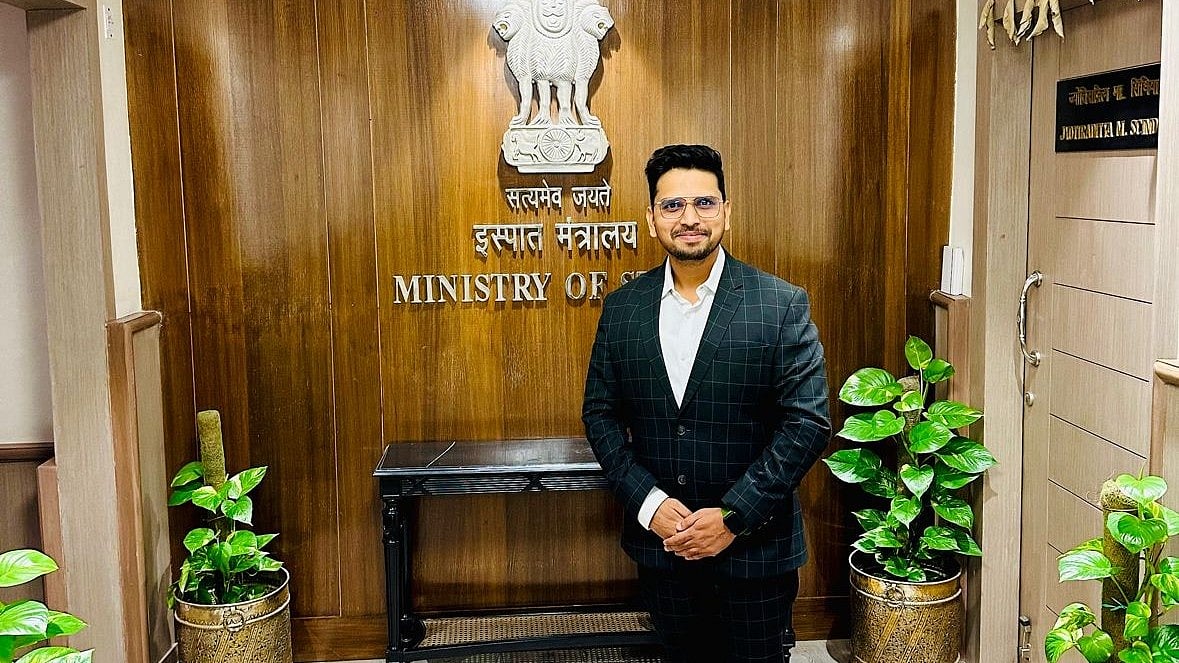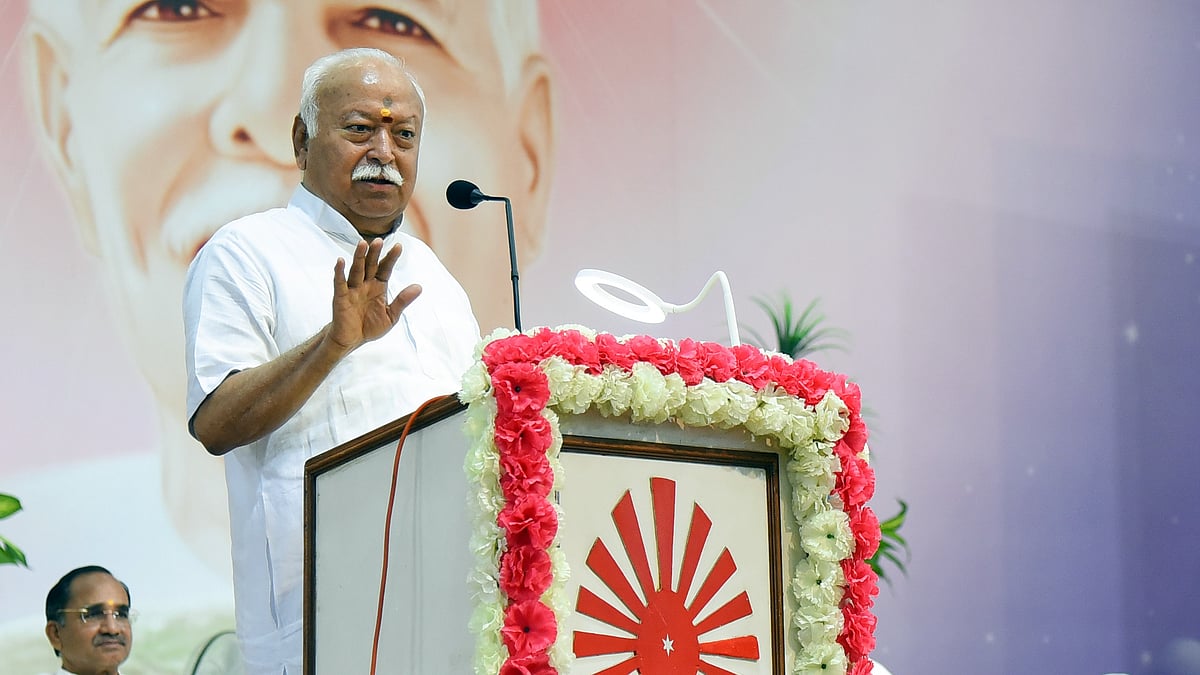Krunal Jagtap, founder of Pune-based HAB Biomass Pvt Ltd, has been invited as a special guest by the Prime Minister to the Independence Day celebration at the iconic Red Fort in New Delhi, for revolutionising agricultural waste management through sustainable technology.
According to the Indian Council of Agricultural Research (ICAR), India generates about 350 million tonnes of agricultural waste annually. The Ministry of New and Renewable Energy estimates that India’s potential to generate more than 18,000 MW of power annually from this waste, in addition to producing green fertiliser for agricultural use.
Jagtap's HAB Biomass Pvt Ltd aims to promote climate-resilient agriculture in India and revive the rural agricultural economy through generating employment and small-scale industries. The startup, registered in 2022, produces clean energy from agricultural residues by developing briquettes and pellets for industrial consumption and biochar and vermicompost for soil management.
Jagtap will be felicitated by the Indian government to further India’s agenda for sustainable agriculture. Highlighting his initial reaction to the felicitation call, Jagtap told The Free Press Journal, “When I first received a call from the Ministry of Home Affairs for verification and confirmation of attendance, I thought it was some scam or someone finding pleasure in pulling my legs.” As a member of the National Task Force under the Ministry of Steel for the ‘Green Steel Initiative,’ recognised for his expertise in biochar, Jagtap added, “When they described my work and selection under the category, my nerves calmed, and I settled down in peace.”
Jagtap explained several challenges faced by bioenergy businesses in terms of scalability and technical aspects related to plant setup, as well as the need for adoption of sustainable technology. He told FPJ, “There are three major parameters for converting biomass into bioenergy: maintaining the calorific value of briquettes and pellets at 3,600–3,800 kcal/kg and reducing the ash and moisture content of biomass to less than 10%.” Many bioenergy plants fail to sustain these crucial aspects of biomass conversion to clean energy, he remarked.
Emphasising the benefits of a pollution-free environment, Jagtap argued that the cost per calorific value of briquettes is lower than that of coal, which also releases harmful NOx and SOx emissions. In contrast, gaseous emissions from pellets and briquettes are relatively controlled. The Union Minister for Power and New & Renewable Energy’s revised biomass policy mandates 5% biomass co-firing in Thermal Power Plants (TPPs) from FY 2024–25, increasing to 7% from FY 2025–26.
However, coal remains the largest source of energy for thermal power production, with bioenergy still in its nascent stage. Jagtap noted that existing bioenergy industries struggle to meet industry requirements in terms of calorific value and uniform structure of briquettes and pellets produced. The production of bioenergy offers immense scope for rural agricultural entrepreneurship.
However, sourcing raw materials remains a key challenge. Agri-residues from corn, cotton and soybean used to make pellets often contain mud, which reduces boiler efficiency and enthusiasm for biomass as an alternative energy source.
Jagtap’s mantra for budding entrepreneurs and startups is to focus on “the impact your efforts can create for the greater good of society.” He explained that startups are often caught in a race for raising funds, profitability and maintaining balance sheets, losing sight of their product’s societal impact. “The focus should be on maintaining profitability while delivering impact,” he added.
Regarding the timeline for transitioning to clean energy, Jagtap remarked, “A gradual approach to sustainability is needed. Any abrupt replacement of current energy sources will not be economical and may derail the road to sustainability.”












